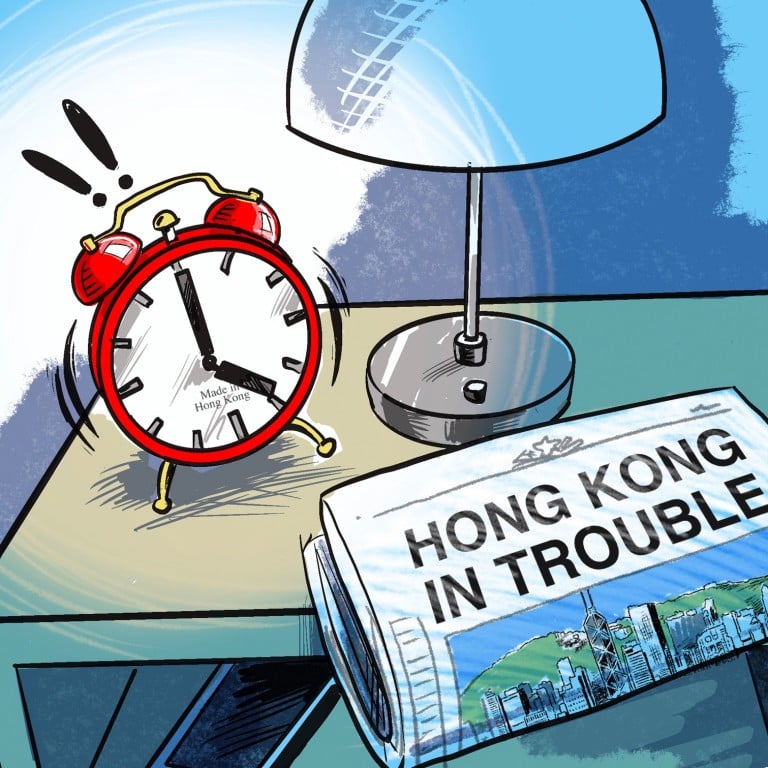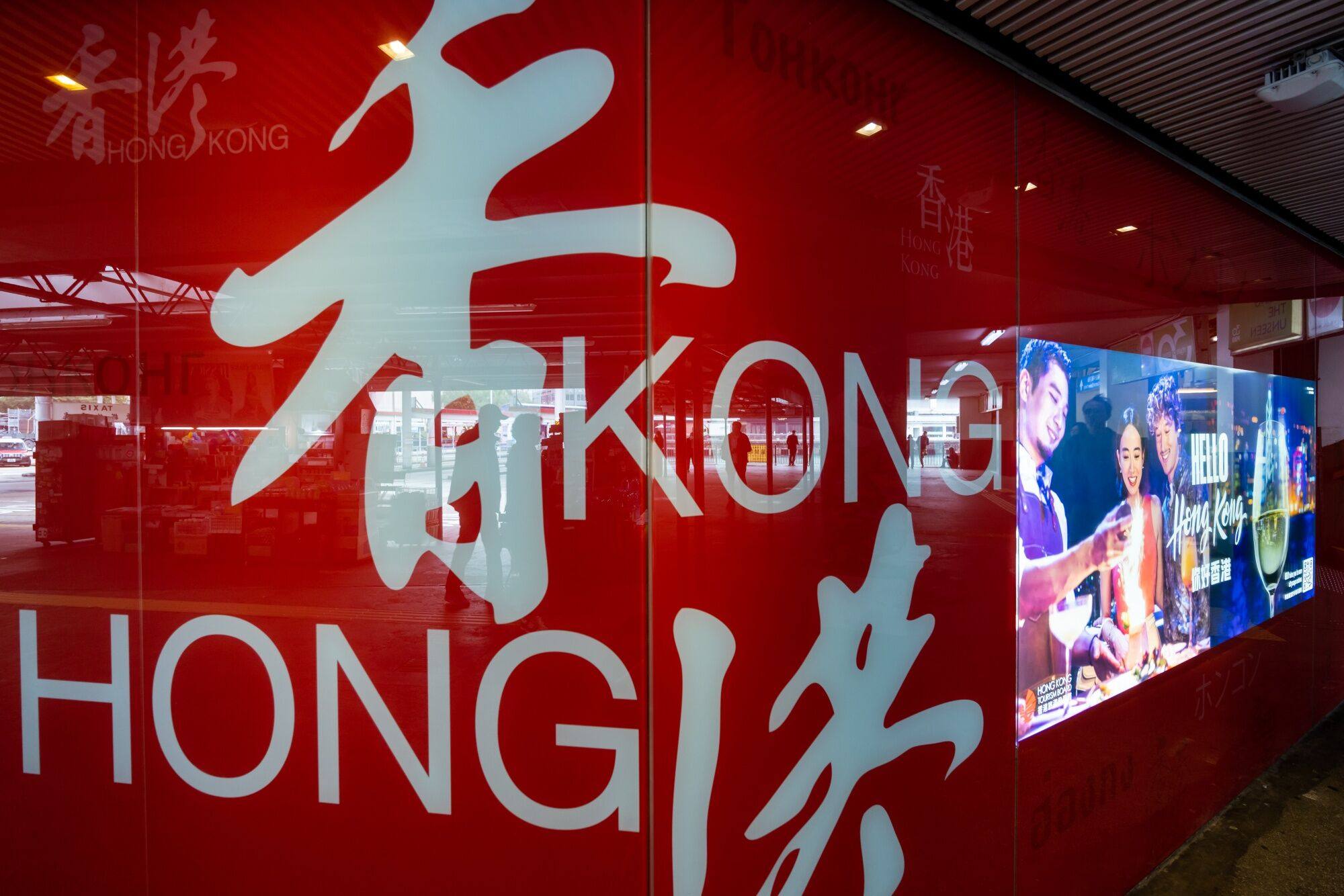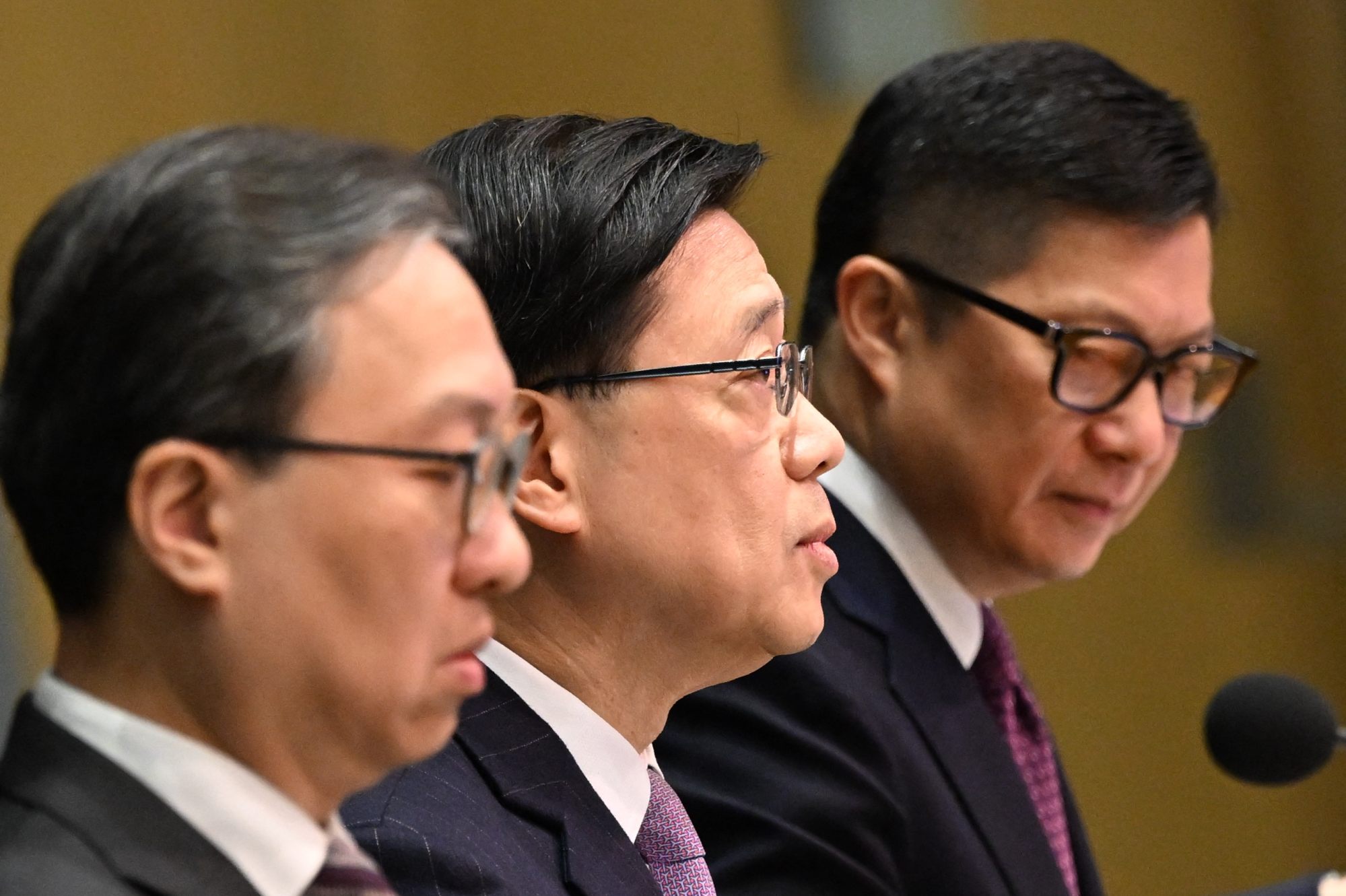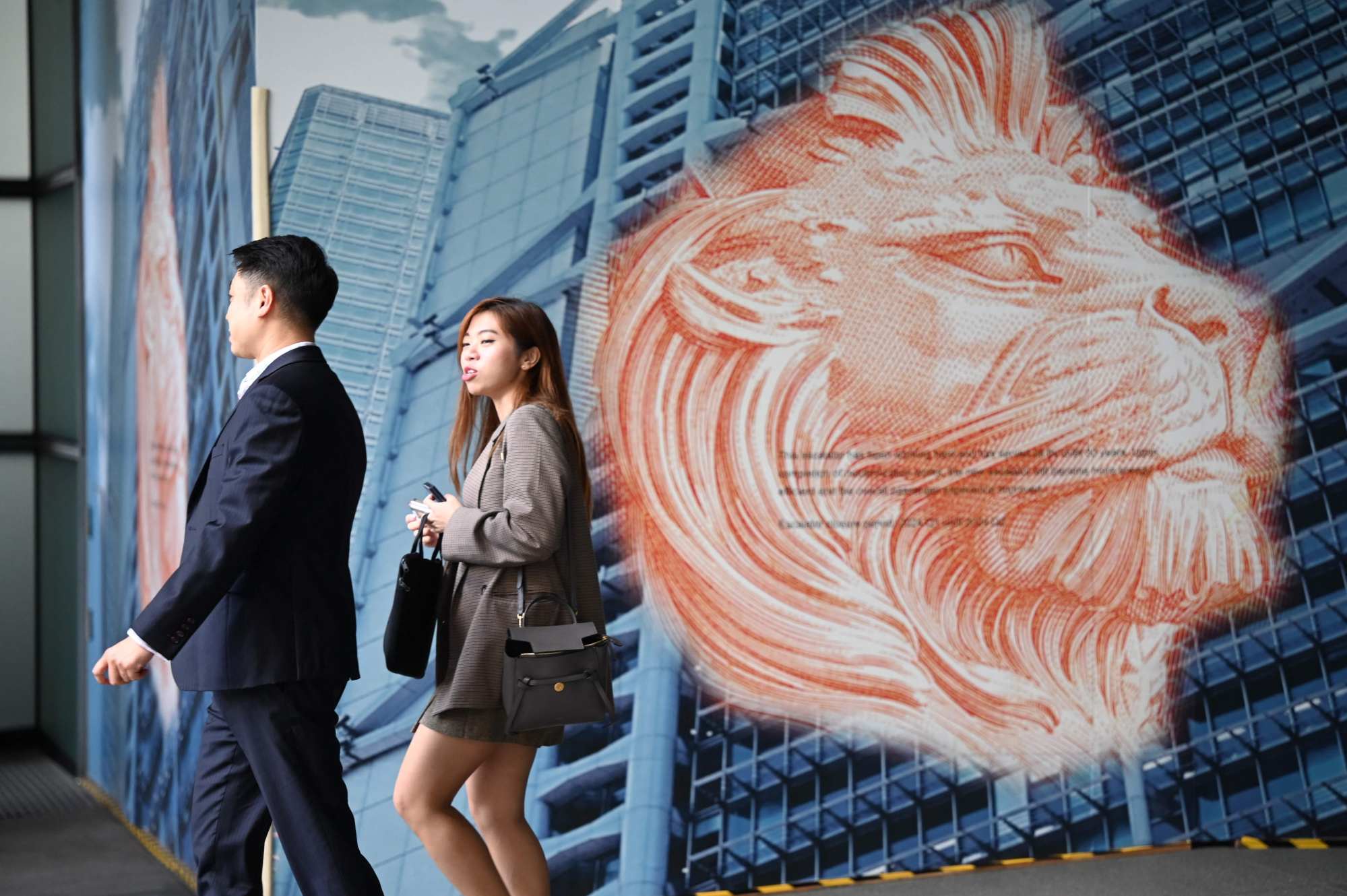
Why I am making ‘good trouble’ for Hong Kong, the city I love
- Even with the city’s famed Phoenix-like ability to rise from setbacks, it may be beyond Hong Kong to overcome the triple whammy of a loss of its high degree of political autonomy, the protracted malaise of the mainland economy, and the US-China power struggle
- This sobering view should serve as a wake-up call for Hong Kong
I love Hong Kong. Yet I now find myself in the uncomfortable position as a naysayer. My recent opinion piece in the Financial Times, “It pains me to say Hong Kong is over”, has stirred up considerable controversy in the city I used to call home. Unsurprisingly, Hong Kong politicians have been especially critical. But former colleagues, business associates and good friends have also raised concerns. A response is in order.
While no nation, economy or city is ever definitively “over”, the title of my piece was intended to be more of a wake-up call to a city that has long prided itself as Asia’s world city, the gateway to China, one of the elite Asian tiger economies and Milton Friedman’s favourite free market.
While the pushback has been fast and furious, few have taken serious issue with the three points raised above. Instead, many have rested their case on Hong Kong’s long-standing resilience, a seemingly innate capacity for the city to reinvent itself in the face of near existential threats.
After all, Hong Kong was written off repeatedly – in the aftermath of the 1967 riots under British occupation, the Asian financial crisis, the handover itself, and, of course, the outbreaks of severe acute respiratory syndrome and Covid-19. Louis Kraar’s scathing 1995 piece in Fortune magazine, “The Death of Hong Kong”, makes my recent missive look optimistic. Time and again, Hong Kong has defied those predicting its demise, with a series of Phoenix-like resurrections. Why shouldn’t we expect the same this time?
The three pillars of my argument noted above bear directly on this question. Resilience this time will require a new-found political and economic policy autonomy that seems highly unlikely.

Old Hong Kong has no future? Good, merge it with Shenzhen
Others pushed back on my characterisation of Hong Kong’s new political constraints following the demonstrations of 2019-20.

Finally, there were those, including Regina Ip Lau Suk-yee, convenor of Hong Kong’s Executive Council, who claimed my impressions were dated from the days I lived there (2007-12). The FT piece was, in fact, written with a very fresh impression of the current atmosphere in Hong Kong that I did see for myself.
Not only have I continued to be a regular visitor to the city since I moved back to the US full time in 2012, but I made three visits to Hong Kong last year that played an important role in shaping the impressions that motivated my op-ed.

Without talent, there can be no dynamism. Yes, the bulk of my circle of contacts remains in place. But an undercurrent of angst about the future of Hong Kong hung like a dark cloud over our recent discussions. The energy and unbridled optimism that was once Hong Kong’s most salient characteristic, its greatest asset, has been sapped.
There is a part of me that hopes I am wrong. I noted in my FT article that the Hang Seng Index, long emblematic of the city’s success, had returned to the level prevailing at the handover in July 1997. More than few have been quick to note that the index was up for six out of nine trading days since the piece was published on February 11. Dead-cat bounce, or was it all just a bad dream?
The late John Lewis, a legendary figure in the US civil rights movement, inspired a lifetime of protest in the name of “good trouble”. By raising serious questions about the future of Hong Kong, I am hoping my wake-up call can do the same.
Stephen Roach, a senior fellow at the Paul Tsai China Center of the Yale Law School and former Hong-Kong-based chairman of Morgan Stanley Asia, is the author of Accidental Conflict: America, China, and the Clash of False Narratives

